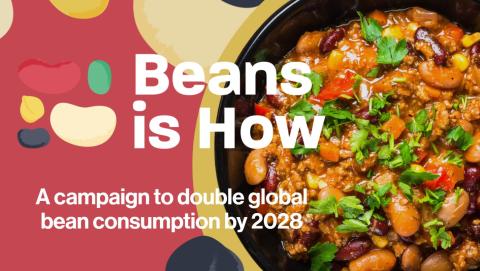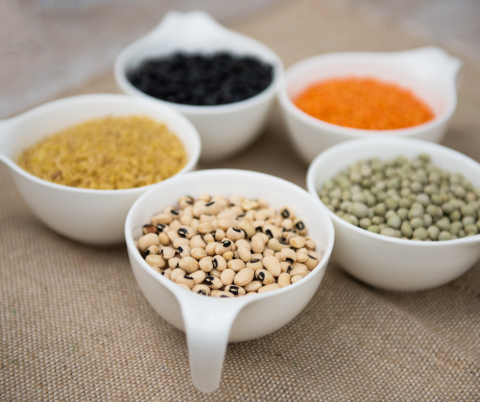10 February 2024
Why we're celebrating World Pulses Day
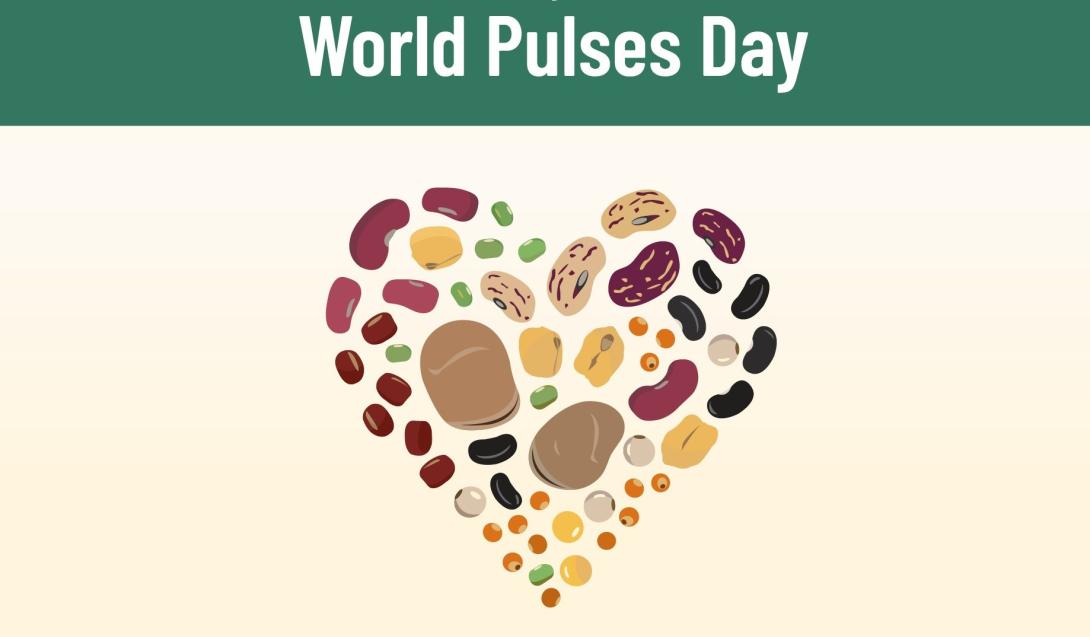
This World Pulses Day (February 10) we want to join in the rallying cries of praise for all things pulses (lentils, peas and beans) and highlight all the many positive things about the humble pulse for our health and the planet (as well as being affordable, incredibly versatile and delicious).
This year, we want to see retailers and the out of home sector (restaurants, cafes, takeaways etc) doing more to champion pulses – we need to make low emissions foods like pulses more affordable, available and appealing for everyone. Why? Well...
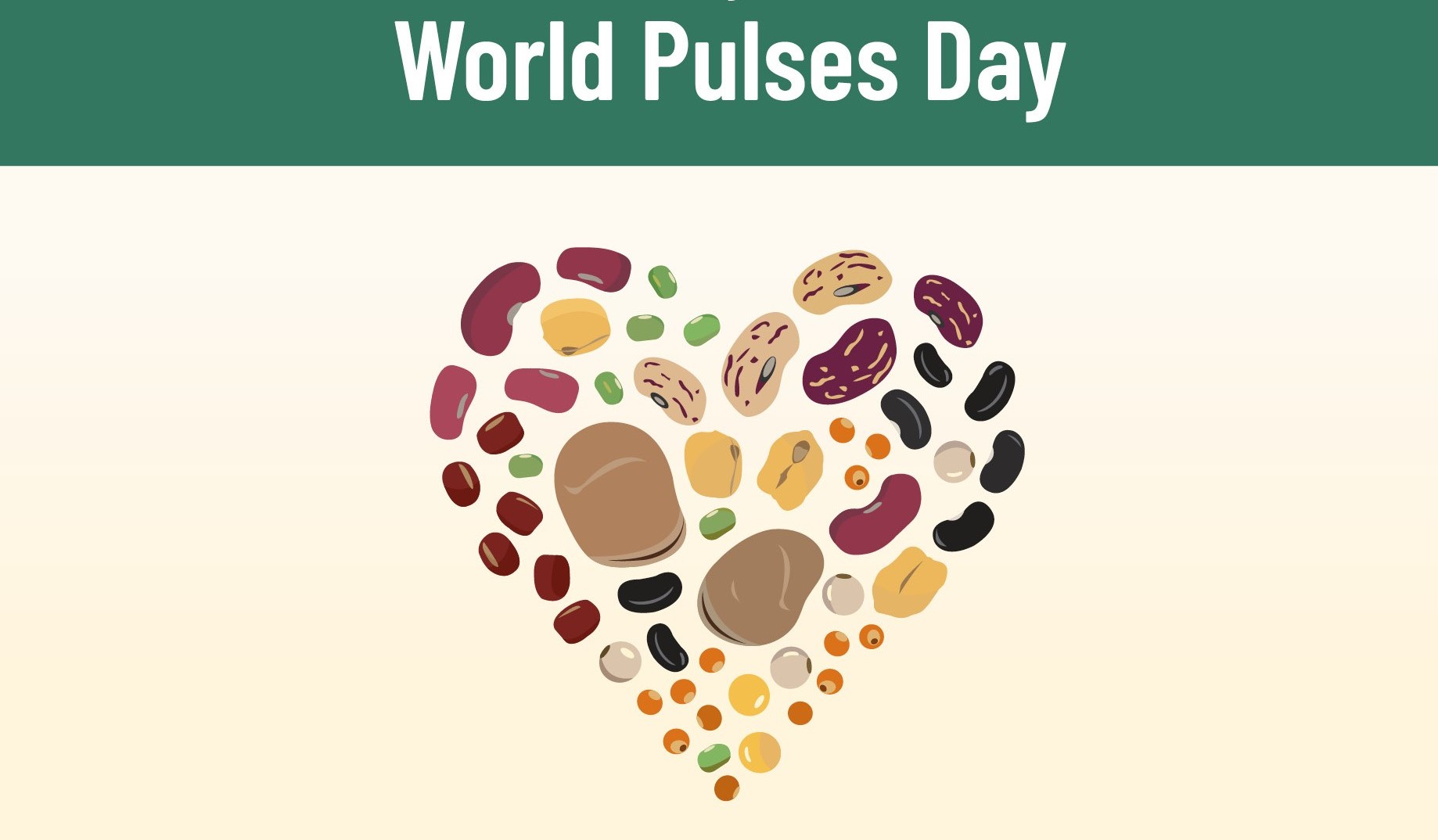
Picture: United Nations Food and Agriculture Organisation
Health
First off, pulses are really good for us. Nutritious, full of fibre and protein-rich, they count towards our five-a-day and help protect against diseases such as type two diabetes and bowel cancer.
They are also naturally low in fat and salt, and high in a number of micronutrients. And everyone can eat them; babies can start eating pulses from just six months old.
The environment
Legumes and pulses have a low carbon footprint – they produce very low levels of greenhouse gas emissions and use much less water compared to other sources of protein such as meat.
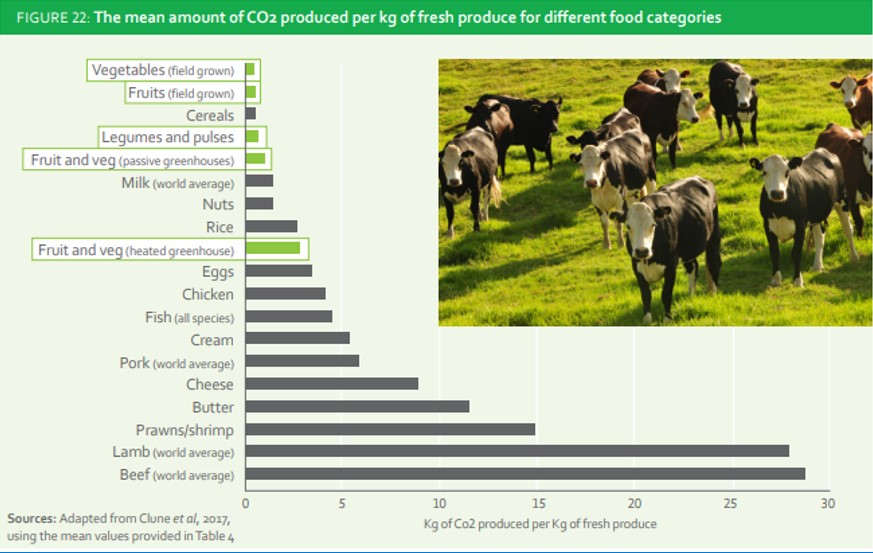 Fruit, veg, legumes & pulses have a lower carbon footprint than animal foods
Fruit, veg, legumes & pulses have a lower carbon footprint than animal foods
For example, producing 1kg of beans emits around 2kg of CO2e. In comparison, 1kg of beef from a non-dairy herd produces 100kg of CO2e.
Pulses also bring benefits to the soil in the areas they are grown, fixing nitrogen and protecting soil microbes, increasing and extending the productivity of farmland and reducing the need for synthetic fertilisers.
Affordability
A Food Foundation report showed that pulses are a relatively affordable alternative to animal foods.
The barriers to eating more pulses in the UK aren't to do with cost - rather about a lack of familiarity, appeal, and availability - purchasing levels are low across all income levels.
As the effect cost of living crisis continues, pulses can be an affordable way of ensuring your diet stays nutritious.
They can also have a long shelf-life, helping to reduce food waste. They are perfect for businesses to promote as a triple duty food (low emissions, healthy and low cost for price conscious consumers).
Versatility
There are hundreds of varieties of pulses which can be used in all kinds of delicious recipes for breakfast, lunch, dinner, desserts, snacks and even beverages. They can be served as standalone dishes, or incorporated into sauces, spreads, desserts and as toppings.
Many dishes and cuisines from around the world feature pulses, from hummus in the Mediterranean (chickpeas), to dhal in India (peas or lentils).
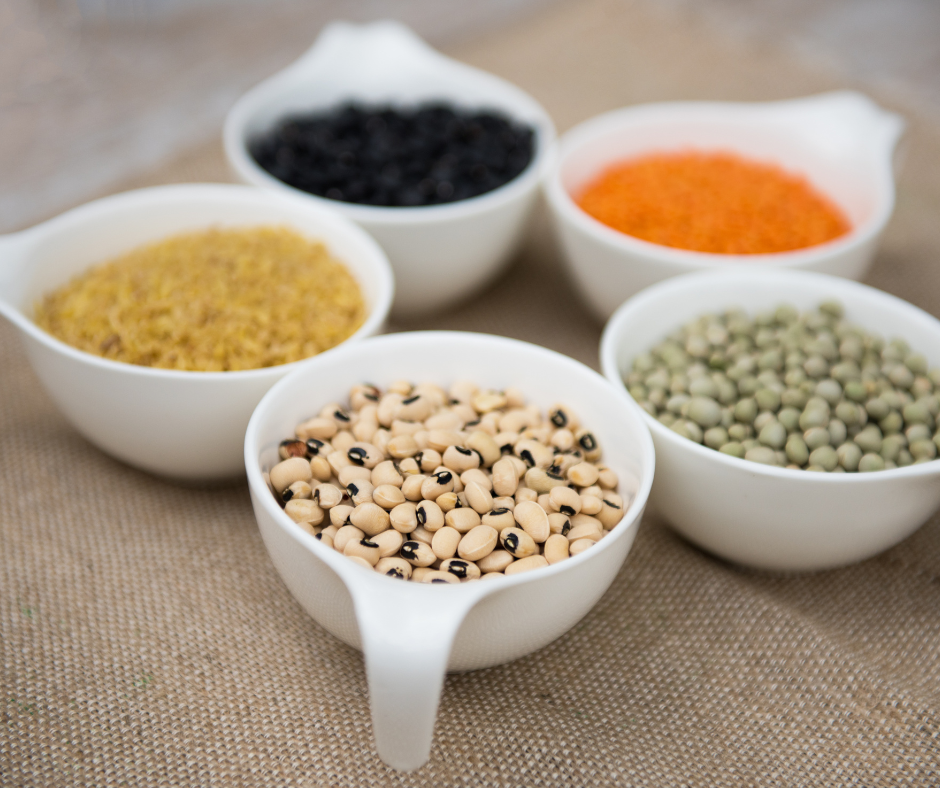
Pulses are good for people and the planet
Substituting some of the meat in family favourites like spaghetti Bolognese and shepherd’s pie with beans can be great way to up the veg in meals and reduce costs.
Pulse projects making headlines
BeanMeals is an exciting research project to follow. Based on a ‘fork-to-farm’ concept – a reversal of the usual production-led ‘farm-to-fork’ model, it is exploring how to transform the food system based on systemic innovation in institutional catering and home-cooking by using healthier ingredients, new public procurement practices and more-local products – UK grown beans.
Beans is How is a campaign with the ambitious goal to double the global consumption of beans by 2028. A global coalition of partners from all over the world are working together to amplify and make visible the importance of beans as a simple and affordable solution to our cost of living, health and environmental challenges. Find out more about how you can get involved here.
Eating Better’s 'Anything is Pulse-able' campaign has also been highlighting the positives of including pulses in your diet - make sure to check out their great recipe ideas and tips on how to include more pulses into your diet.
Pro-Veg‘s Plant-based Cooking in Schools online workshop for 2024 was all about beans and lentils! You can check out the recording here to learn how to cook all the recipes.
At The Food Foundation one of our main areas of focus is working to make it easier for everyone in the UK to eat more healthy and sustainable diets, regardless of income, (take a look at what we achieved as part of our Peas Please project) and see pulses and beans as playing a key role in that transition.

